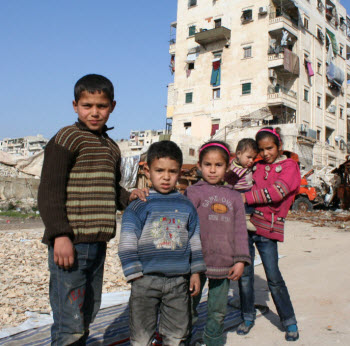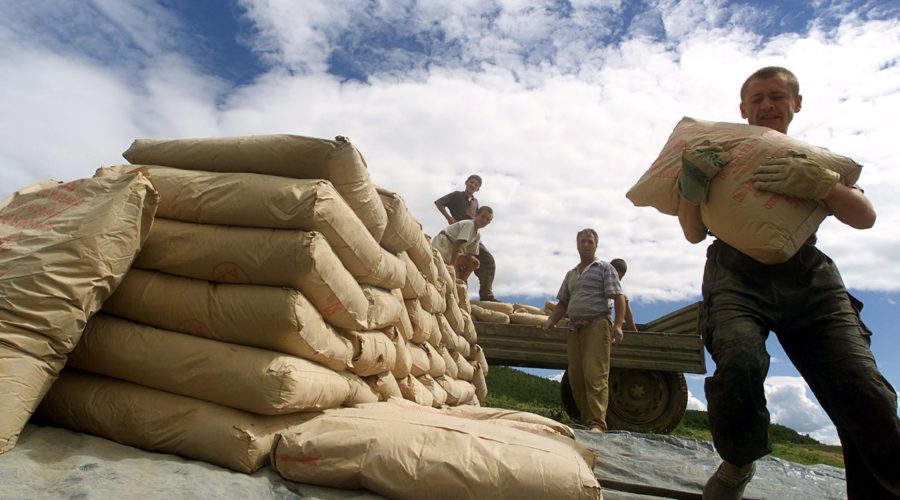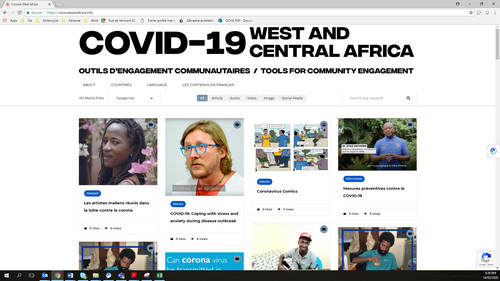The Peer-2-Peer organized a Humanitarian Coordinators’ (HCs) dialogue on “COVID-19 Vaccine Rollout in Humanitarian Settings”. The session was facilitated by Reena Ghelani, Chair of the Emergency Directors’ Group, with presentations by Dr. Mike Ryan, Executive Director of the World Health Organization’s Health Emergencies Programme, and Mr. Thabani Maphosa, Managing Director for Country Programmes for GAVI, the Vaccine Alliance. The purpose of the dialogue was to update HCs on the status of the national vaccine allocations plans and get feedback from field leaders on challenges and opportunities in humanitarian settlings to effectively support governments and vulnerable population in inclusion, delivery and implementation of covid-19 vaccine allocations. The Dialogue was attended by 14 Humanitarian Coordinators and resource persons from the IASC’s Emergency Director’s Group and their representatives, MSF and GAVI.
Key recommendations/discussion points:
1. Importance for HCs to advocate with Governments for all vulnerable groups to be included in national vaccination plans, with support from WHO, UNICEF, and the Health Cluster in-country.
2. Effective resource mobilization for vaccine rollout is a key challenge; in support of this, national vaccination plans should include resourcing and operational roll-out details in addition to target populations.
3. Importance of advocacy to donors that if additional resourcing is not available, there is a risk that critical humanitarian funds will be used for vaccine rollout, which will exacerbate humanitarian needs on the ground.
4. IASC partners are in the process of analyzing national vaccine rollout plans to map the details and gaps.
5. Need for a common position on vaccines when engaging with Governments including on vaccines that are not yet approved by WHO.
6. Need to look at the specific situation of IDPs and other vulnerable groups who may face complex bureaucratic/administrative barriers to gaining access to vaccines even if they are nominally included in the rollout plans.
7. Need to carefully manage messaging and expectations around access to vaccinations for UN staff, as a perceived prioritization of UN staff risks undermining the UN’s message on equity and equal access.
8. Need to tailor approaches to the unique challenges and requirements of specific contexts, including on resourcing, access to hard-to-reach populations etc





